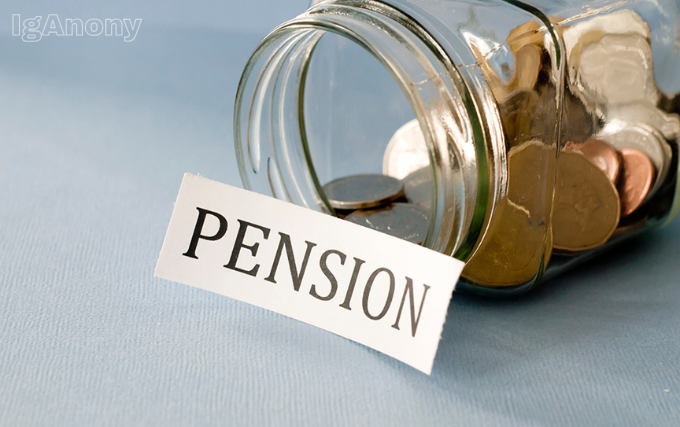It can be easy to overlook your workplace pension until retirement feels close enough to matter. Enrolling seems easy as your employer sorts out the details, contributions come straight from your salary and, over time, your pension pot grows. You might get an occasional reminder from HR that you have the option to up your contributions if you’d like to but, apart from that, it can fade into the background. Indeed, it’s common for Brits to have very little idea what goes into their pensions.
Behind the scenes, though, pension schemes vary significantly in how they’re managed, funded and protected. Some offer predictable benefits, while others depend on how your investments perform.
If your employer changes the scheme, the impact on your future finances could be greater than you realise. Understanding the fine print now can help you avoid surprises later.
How workplace pensions are funded and managed
Workplace pensions rely on contributions from both you and your employer but where that money goes and how it grows depends on the type of scheme.
Defined benefit (DB) pensions – also known as final salary pensions – promise a set payout based on salary and years of service, whereas defined contribution (DC) pensions build up a pot that depends on investment returns. If you’re in a DB scheme, your employer shoulders the risk of funding future payments, or they may transfer this risk to an insurer as part of a pension risk transfer strategy. With a DC scheme, members bear the investment risk themselves and retirement income depends on how well the underlying assets perform.
Checking whether your employer contributes beyond the minimum requirement and how pension funds are invested can give you a clearer picture of where you stand.
Key questions to ask about your pension
A workplace pension is one of the most valuable benefits you receive but how secure is it? Here are some of the main considerations to be aware of:
- Start by asking whether your scheme guarantees a certain payout or if it depends on investment performance.
- If you’re in a DB scheme, check whether the scheme is well-funded. The Pension Protection Fund (PPF) steps in if a DB scheme fails but it doesn’t always cover full benefits. If you have a DC pension, find out about the investment strategy – high-risk funds might see better returns but could also suffer downturns.
- Ask what happens if your employer gets into financial trouble. Some schemes include insurance-backed protections, while others don’t.
A pension is more than just a deduction from your payslip – it’s your future income. Knowing the answers to these questions puts you in control and helps you make informed choices about your savings once you leave the workforce.
The sooner you develop an understanding of your pension, the more options you have to shape a retirement that works for you.







